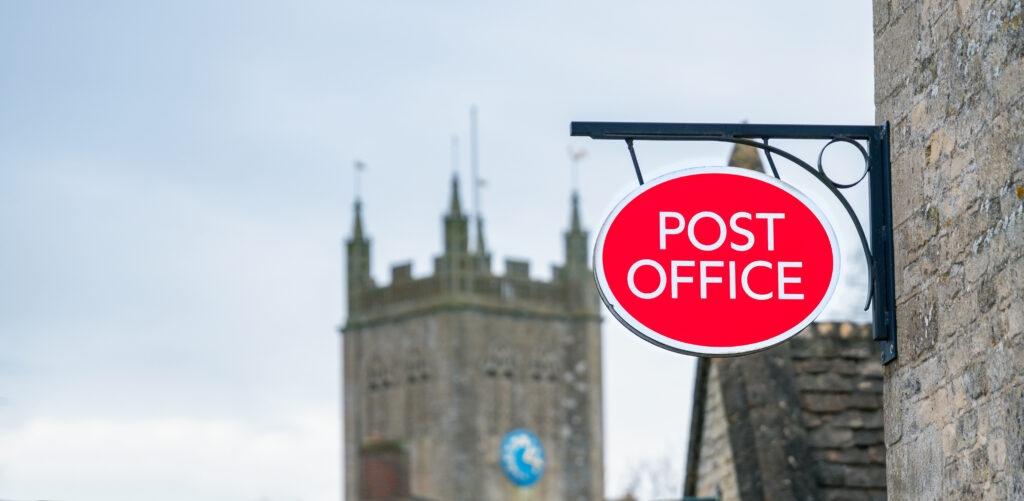On this page you will find a series of articles that look at key themes of the CCRC’s work in more detail.
If you would like to search our full database of referrals instead, you can do so using the Case Library.
Police Misconduct: DS Ridgewell

The CCRC has referred 13 convictions to the Court of Appeal that had resulted from defendants being wrongfully prosecuted following investigations by the discredited police officer DS Derek Ridgewell”.
Police Misconduct: Winston Trew’s Story
Winston Trew was one of the ‘Oval Four’ – four black men arrested by police at Oval Station on the London Underground on 16 March 1972 and falsely accused of stealing passengers’ handbags”.
Unreliable Confessions
The CCRC has referred over 70 criminal convictions to the appeal courts in which unreliable confession evidence formed an important part of the prosecution’s case at trial”.
Post Office “Horizon” Cases

The Post Office Horizon scandal was the most widespread miscarriage of justice the CCRC had ever seen, and it represented the biggest single series of wrongful convictions in UK legal history”.
Asylum & Immigration Cases
Since 2005, the CCRC has referred to the appeal courts over 60 criminal convictions resulting from immigration offences that took place in circumstances relating to people seeking asylum”.
Controlled Deliveries
Between 1999 and 2009, the CCRC referred the criminal convictions of 20 individuals whose prosecutions had resulted from ‘controlled delivery’ operations conducted by what was then Her Majesty’s Customs and Excise”.
Inadequate Defence and “Legal Incompetence”
The CCRC can refer convictions that resulted from circumstances in which an applicant had received an inadequate defence or unfair trial due to ‘legal incompetence’ on the part of their lawyers”.
Imprisonment for Public Protection (IPP) Sentences
Sentences of Imprisonment for Public Protection (IPP) were created by the Criminal Justice Act 2003, and first used in 2005. They were indeterminate sentences, intended for serious offenders who were considered ‘dangerous’ to the public, but whose crimes did not merit a life sentence. IPPs were abolished in 2012″.
Confiscation Orders
A confiscation order is made against a convicted defendant ordering them to pay the amount of their benefit from crime. Sometimes, however, a confiscation order may have been incorrectly imposed or there may have been an error in the calculation of a confiscation order.”
Section 15 Investigations
Section 15 relates to the Court of Appeal’s power to direct the CCRC to carry out investigatory work on its behalf during criminal appeals. This case study provides an overview of the kinds of investigation we carry out.”
